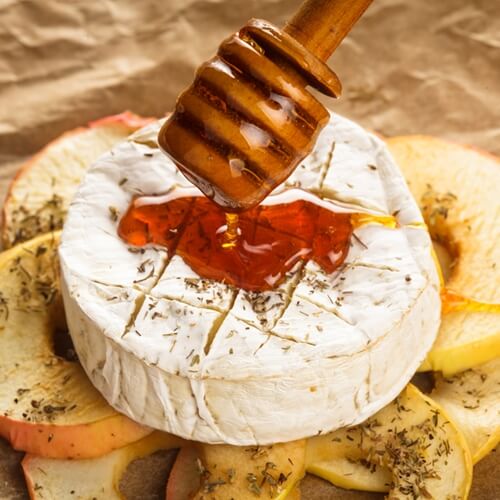FDA goes after traditional cheesemaking techniques

In an ultimately misguided attempt to protect the health of the American people, the FDA is forbidding anyone from eating good cheese. During a routine inspection of several New York state artisanal cheesemakers, the FDA cited the producers for aging their cheese on wooden boards. The move prompted investigation from the New York State Department of Agriculture & Markets’ Division of Milk Control and Dairy Services to ask the federal agency for clarification. After all, not only is wooden board aging allowed by the major cheese-producing states of New York and Wisconsin, but it is also a necessary technique for the production of such iconic cheeses as Brie, Camembert, comte, Beaufort, cheddar and Parmigiano-Reggiano. In their response, the FDA effectively banned the production of a huge subset of high-quality cheese varieties.
Enforcing an existing rule
Government food regulators haven’t had the best relationship with traditional food preparation techniques. Earlier this year, a law that would require sushi chefs in California to wear latex gloves while preparing their traditional dish had the state in an uproar. Now the Man is going after our cheese! The FDA believes that aging cheese on wooden boards is an unsanitary practice because microbes can grow in the wood’s porous surface, preventing it from ever being fully sanitized. They see the ban on wooden boards as an enforcement of previously passed legislation that establishes their Current Good Manufacturing Practices. Being that this is seen as the enforcement of an existing law and not the declaration of a new one, it may be very difficult for it to be overturned. This is bad news for American artisan cheesemakers.
The necessity of wood
In a sense, the FDA is right. The porous surface of wooden boards host a veritable rainforest of bacteria, fungi and various other microbes. However, the federal department is wrong to think that they pose any significant threat to human health. Wood is necessary for the production of certain cheeses because it draws out moisture from the cheese and incites the growth of various strains of bacteria and mold. These microbes are what give a particular cheese its unique flavor and texture. In addition, they are also responsible for killing many harmful bacteria strains, such as listeria. Should this prohibition be sustained, the result to America’s quality cheesemaking industry would be devastating. These cheeses simply can’t be made without the wood. As a result, European producers, who have been aging cheese on wooden boards for centuries, will destroy any American competition.


